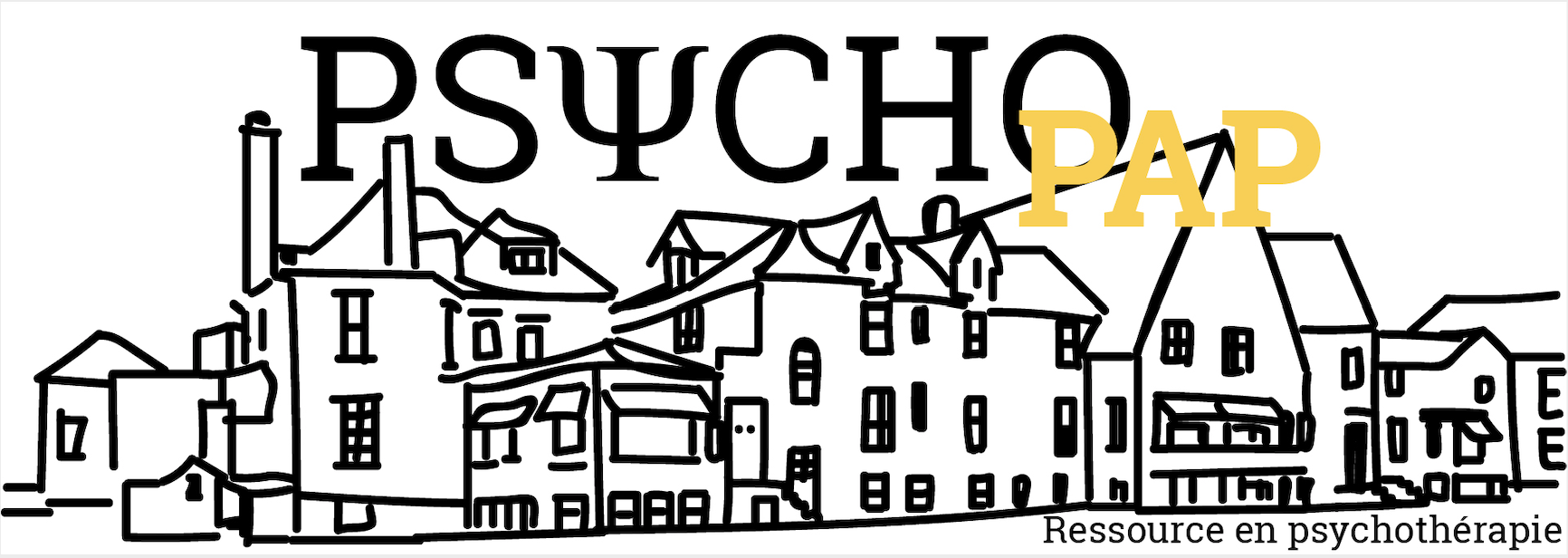Billings, J., Greene, T., Kember, T., Grey, N., El-Leithy, S., Lee, D., … & Bloomfield, M. A. (2020). Supporting Hospital Staff During COVID-19: Early Interventions. Occupational Medicine. During a pandemic, hospital staff are at increased risk of a range of adverse mental health outcomes. There are factors during the current COVID-19 pandemic that are likely to exacerbate this risk including concerns about personal safety due to exposure and lack of personal protective equipment, high levels of fatalities amongst medical staff and patients and moral injury. Most people are resilient and over time will cope with these stressful and challenging experiences. Some staff, however, will develop anxiety, depression and post-traumatic stress disorder (PTSD) … The response to ongoing high stress should aim to support coping, foster resilience, reduce burnout and reduce the risk of developing mental health difficulties. The following guidance is collated from research, best practice guidelines and expert clinical opinion.
Brooks, S et al. (2020). The psychological impact of quarantine and how to reduce it: rapid review of the evidence. Lancet. « Key messages: Information is key; people who are quarantined need to understand the situation; Effective and rapid communication is essential; Supplies (both general and medical) need to be provided; The quarantine period should be short and the duration should not be changed unless in extreme circumstances; Most of the adverse effects come from the imposition of a restriction of liberty; voluntary quarantine is associated with less distress and fewer long-term complications; Public health officials should emphasise the altruistic
choice of self-isolating«
Chen, Q. et al. (18 février 2020). Mental healthcare for medical staff in China during the COVID-19 outbreak. 7, 4, pe15-e16. “An important role for psychology. Many staff mentioned that they did not need a psychologist, but needed more rest without interruption and enough protective supplies. Finally, they suggested training on psychological skills to deal with patients’ anxiety, panic, and other emotional problems and, if possible, for mental health staff to be on hand to directly help these patients.”
Greenberg, N. (2020). Managing mental health challenges faced by healthcare workers during covid-19 pandemic. BMJ, 368, m1211. « Key messages: Healthcare staff are at increased risk of moral injury and mental health problems when dealing with challenges of the covid-19 pandemic; Healthcare managers need to proactively take steps to protect the mental wellbeing of staff; Managers must be frank about the situations staff are likely to face; Staff can be supported by reinforcing teams and providing regular contact to discuss decisions and check on wellbeing; Once the crisis begins to recede, staff must be actively monitored, supported, and, where necessary, provided with evidence based treatments. »
Lai, J. (2020).Factors Associated With Mental Health Outcomes Among Health Care Workers Exposed to Coronavirus Disease 2019. JAMA Netw Open. 2020;3(3):e203976. « Survey Finds COVID-19 Takes Heavy Psychological Toll on Health Care Workers. As communities across the world continue to grapple with containing the spread of the novel coronavirus (COVID-19) and deal with the quickly proliferating number of cases, a study out of China reports troubling information on the psychological ramifications of COVID-19 on health care workers: A survey of more than 1,200 nurses and physicians working in hospitals in the Wuhan region (where the outbreak originated) and across mainland China revealed that more than 50% reported symptoms of depression, and more than 70% reported symptoms of psychological distress. The findings were published today in JAMA Network Open. »
Marine, A., Ruotsalainen, J. H., Serra, C., & Verbeek, J. H. (2006). Preventing occupational stress in healthcare workers. Cochrane Database of Systematic Reviews, (4).
Polizzi, C., Lynn, S. J., & Perry, A. (2020). STRESS AND COPING IN THE TIME OF COVID-19: PATHWAYS TO RESILIENCE AND RECOVERY. Clinical Neuropsychiatry, 17(2). Le rôle du contrôle, la cohérence et le sentiment de connexion pour favoriser la résilience en période de pandémie.
Shechter, A., Diaz, F., Moise, N., Anstey, D. E., Ye, S., Agarwal, S., … & Claassen, J. (2020). Psychological distress, coping behaviors, and preferences for support among New York healthcare workers during the COVID-19 pandemic. General Hospital Psychiatry. Positive screens for psychological symptoms were common; 57% for acute stress, 48% for depressive, and 33% for anxiety symptoms. For each, a higher percent of nurses/advanced practice providers screened positive vs. attending physicians, though housestaff’s rates for acute stress and depression did not differ from either. Sixty-one percent of participants reported increased sense of meaning/purpose since the COVID-19 outbreak. Physical activity/exercise was the most common coping behavior (59%), and access to an individual therapist with online self-guided counseling (33%) garnered the most interest.
How I treat COVID (section psychiatrie). Dr Elie Kassouf, hémato-oncologue, a mis sur pied, en collaboration avec plusieurs médecins spécialistes, un site Internet pour les professionnels de la santé afin de regrouper en un seul et même endroit toute la littérature au sujet de la COVID-19. Comprend bientôt un forum.
